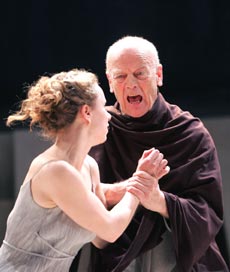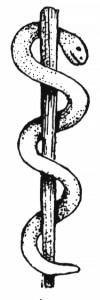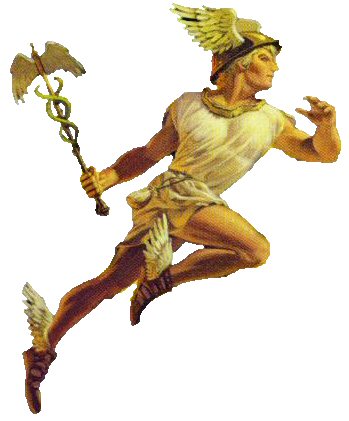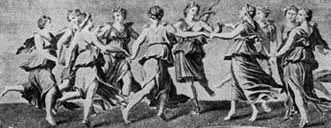I did not know what to expect from the play Antigone by Sophocles. From the brief discussions in class I had a vague idea but I was surprised numerous times while reading and anticipating the story. I’m still working on finishing the Steiner pages – I find it annoying to read a book on a screen, don’t know why, I guess I can’t get into as good a flow – so a more detailed response with the Antigones passage is coming. However, I have a few things to mention about the play, characters, and such.
I was going to be really pissed if Creon had lethally executed Antigone. But the entire time I could understand both sides. Creon was mad about Polyneices’ betrayal and Antigone was striving to meet the demands of the gods, her family, her individuality, and the state – to some extent.
For starters I was amazed with the spectrum of values Creon held. Before he knows that a female tried to bury Polyneices, Creon believes it must be a man who is greedy and therefore did the deed for money. And then he says, “Money is the nastiest weed ever to sprout / In human soil. Money will ravage a city, / Tear men from their homes and send them into exile. / Money teaches good minds to go bad; / It is the source of every shameful human deed. / Money points the way to wickedness, / Lets people know the full range of irreverence” (lines 295-301). I could never agree with anything more completely than the wickedness of money. Yet it’s so essential, what the fuck? I would prophesize - with my naïve, young, blurry brain – that the corruption behind the wicked contradictions of money may be what brings catastrophic consequences to our world. For crying out loud, money is made from the trees we destroy and then we turn around and try to pay for ‘green’ technologies to stop global warming. How does that work? A reliable friend recently told me he read that if hemp would have been used for paper products rather than lumber, around 85% of the world’s rainforests would still be standing, oxygenating the planet.
Back to Creon and his view of money, since I could rant on and on, it’s ironic that a ruler feels this way about money because he’s wealthy. Money probably never caused Creon any trouble in his life yet he’s keen to its evil power: another odd contradiction. However I’ve been reading a lot of Shakespeare in capstone, and the class dedicated to The Bard, this semester and I have noticed a trend with ruling characters possessing traits similar to Creon’s. They are always older men stuck in their ways, but they waver periodically into fits of madness or idiocracy. As stupid as these men seem in such fits, most times their best lines are delivered in one of these fits. So Creon is fluctuating between insanity and sanity, which leaves him ‘howling’ at the end of the play – identical to King Lear.


The past possesses the present. Similar scenarios repeat themselves, returning mythically again and again.










